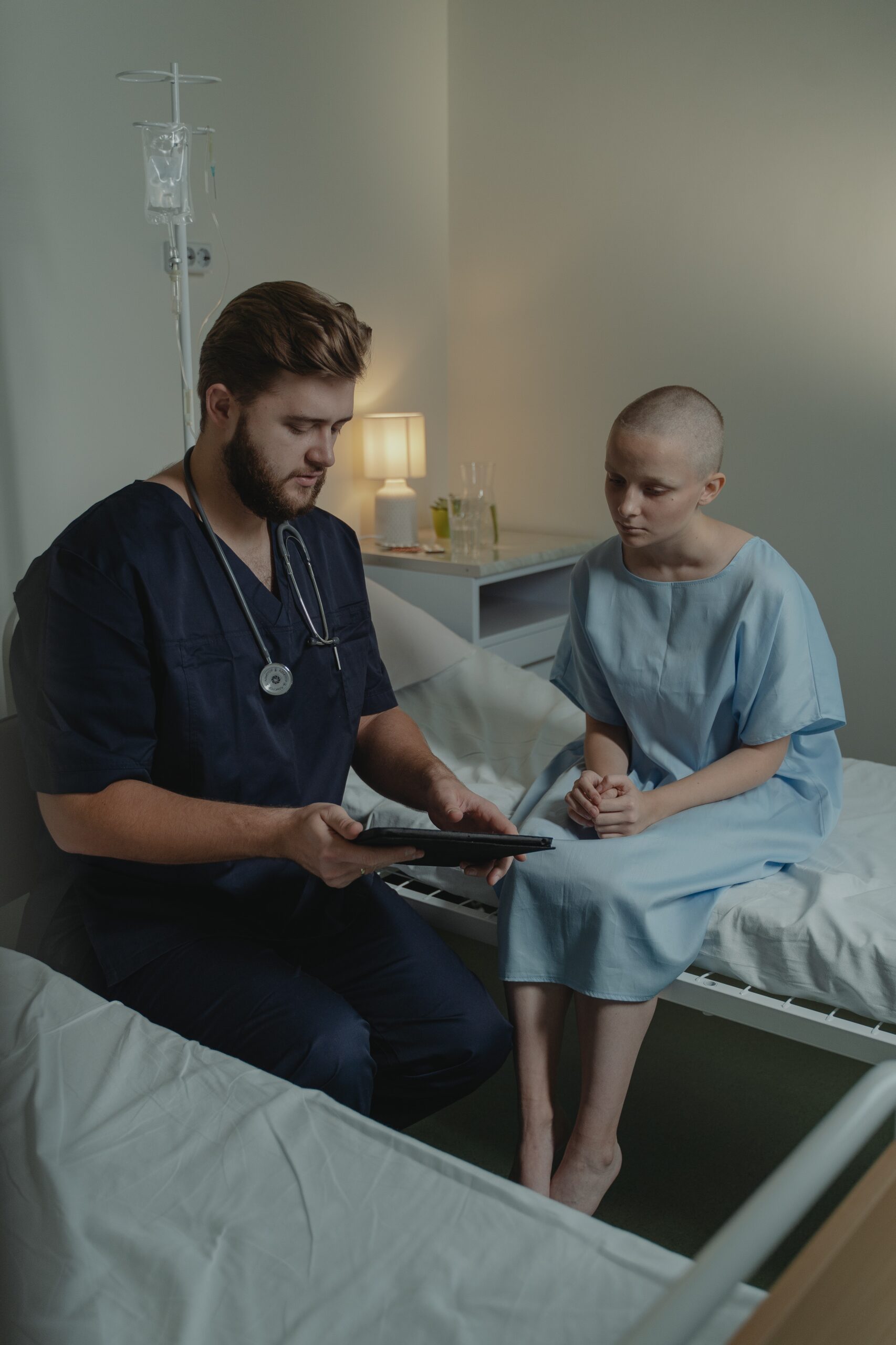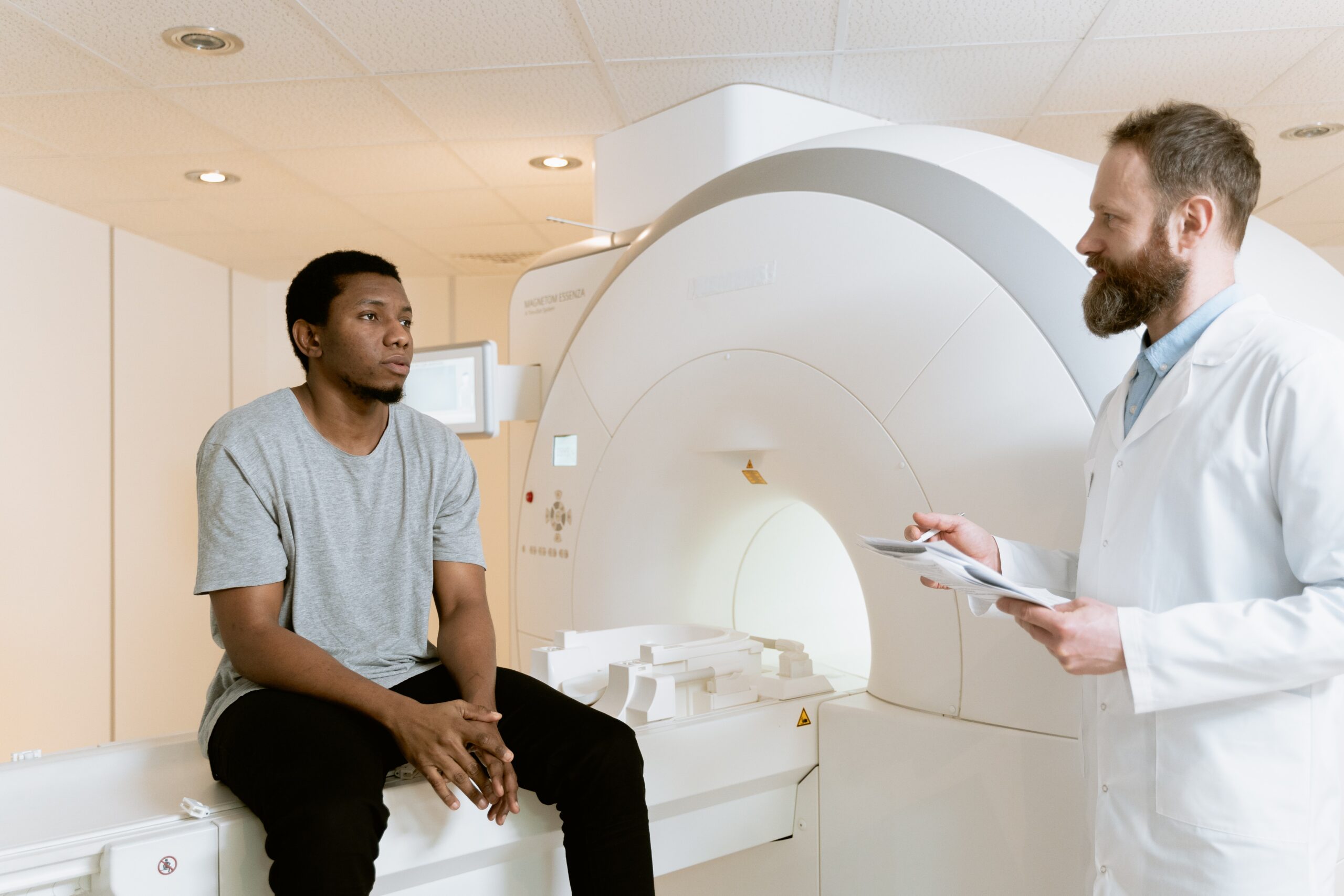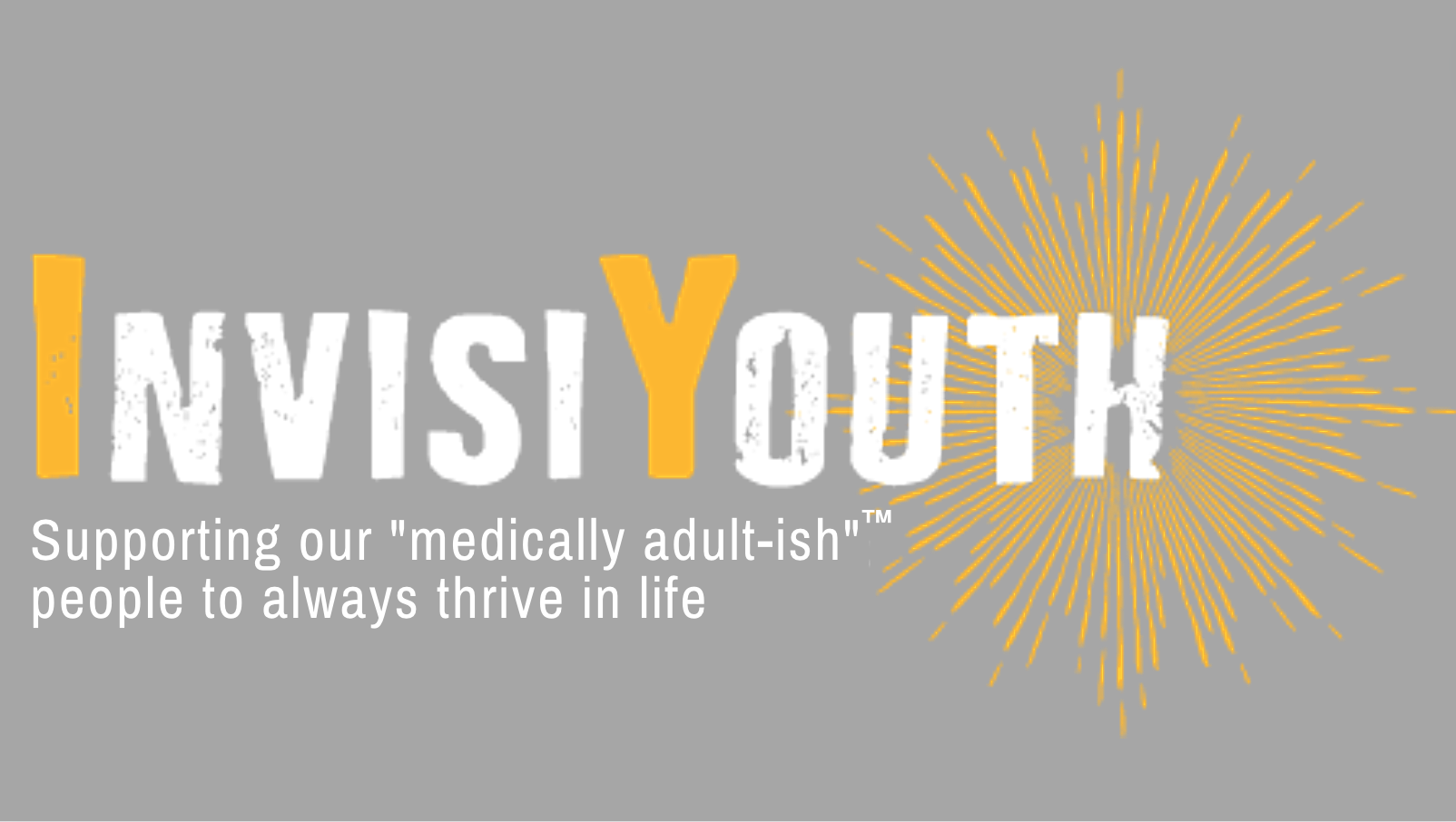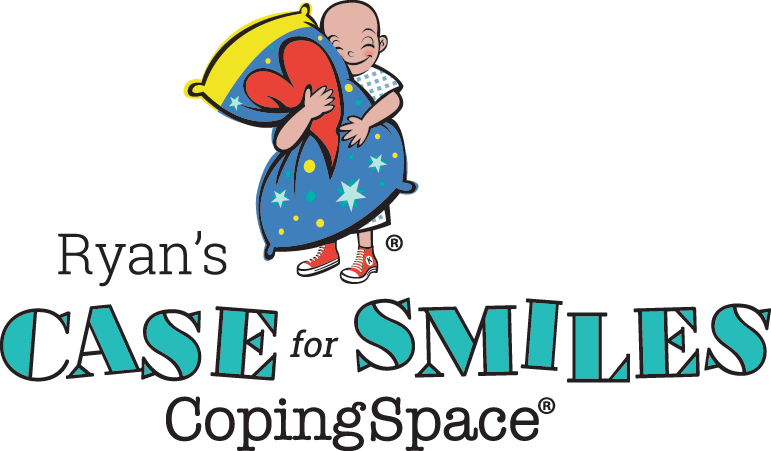BLOG
How to Help Teens Transition to Adult Healthcare
By Dominique Viel, Founder and Executive Director of InvisiYouth Charity
 The transition to adult healthcare, with a new team of doctors and sometimes new facilities or hospitals, can bring new anxiety and stress for young adults. Moving to adult healthcare means they have to leave the comfort and safety of doctors, nurses and specialists who are well-versed in their medical history and start over with people completely new to them. They also must adjust to the new look of adult hospitals and outpatient offices, and the emphasis on patient control that continues to make young people feel out of place.
The transition to adult healthcare, with a new team of doctors and sometimes new facilities or hospitals, can bring new anxiety and stress for young adults. Moving to adult healthcare means they have to leave the comfort and safety of doctors, nurses and specialists who are well-versed in their medical history and start over with people completely new to them. They also must adjust to the new look of adult hospitals and outpatient offices, and the emphasis on patient control that continues to make young people feel out of place.
Teen and young adults with chronic illnesses have always had the safety of their family members with them in pediatrics. Now adult healthcare flips the switch and assumes they know their full medical history, understand their health insurance, and can answer questions and understand suggestions perfectly – things even mature adults struggle with. These young adults are now the sole owner of their medical story and thrown into the driver’s seat, into a world that is designed for older individuals.
The Challenges Facing Teen and Young Adults with Chronic Illnesses
The biggest issue teens and young adults with illnesses and injuries face is a blatant gap between the end of their pediatric treatment and the transition into adult healthcare. They have unique needs and lifestyles that not only must be better understood, but require medical professionals that actively work to further understand the teen/young adult patient voice.
Young adults are in a place in their lives where they’ve become uniquely aware of how their health, as well as decisions with medical teams, can impact the rest of their life. Finding a balance between doing what is medically necessary and empowering them to keep doing the things that fulfill them emotionally is vital. If you’re only focused on keeping up the medical treatments and disregard all that can be lost, it slowly degrades their quality of life.
How to Help Teens and Young Adults Transition to Adult Healthcare
 While the process can feel overwhelming, there are ways caregivers can make the move out of pediatrics a bit easier. When you become aware of the challenges that young people face as they are moving into adult healthcare, you can see where the holes are in the structure. Then you can begin to create bridges that are unique to your family dynamic and teen/young adult.
While the process can feel overwhelming, there are ways caregivers can make the move out of pediatrics a bit easier. When you become aware of the challenges that young people face as they are moving into adult healthcare, you can see where the holes are in the structure. Then you can begin to create bridges that are unique to your family dynamic and teen/young adult.
Teach Teens to Manage Healthcare Logistics and Paperwork
It’s important to first allow young people to be aware of the ‘logistical’ parts of healthcare. This includes things like the health insurance phone calls or bills, paperwork and HIPAA forms they are signing. Slowly begin to immerse your teen into these experiences early on so they aren’t turning 18 and immediately being handed paperwork to sign off on without any knowledge or experience in what is on those pages. The more exposure, the more knowledge teens will have, so they can begin to be proactive in taking part in their healthcare and the system that is part of it.
Rely on Referrals When Transitioning to Adult Healthcare
Also, it is important for your teen to know that once they transition away from pediatric medical professionals, referrals are their best friend. You want the pediatric specialists that you’ve developed a bond and experience with to refer you to physicians they not only trust and work alongside, but that could also have the expertise or personality to mesh well with your teen.
Getting those referrals and allowing your teens and yourselves to “shop around” and see who it a good fit will make the transition into adult healthcare feel less abrupt. It’s a great reminder that you don’t need to stick with the first doctor in adult healthcare that you go to. And your teen will be able to try different doctors to find one they feel will invest in optimizing and improving their health.
Help Young Adult Patients Advocate and Communicate Effectively
Being your own advocate is a phrase that I’ll often use through my work with InvisiYouth Charity, because we want teens and young adults to know their diagnosis
 the best. To know the way it impacts their health and lifestyle the best. And to know what their ultimate goals and wants are with their treatments the best.
the best. To know the way it impacts their health and lifestyle the best. And to know what their ultimate goals and wants are with their treatments the best.
Teens or young adult with chronic illnesses need to be able to express themselves on their own, in a way that empowers them. Whether that’s emailing, writing lists for doctors, telehealth calls on top of visits, or having those conversations in person, allow your teen/young adult to understand that they have the right to speak their mind, to ask “why” to treatment ideas, to request alternatives as long as they are open about why they want/need them, and to be honest about what’s happening in their health journeys. Because when a teen or young adult has discovered the communication style they are the most confident within, they’ll be able to talk to their doctors more openly and fight for their medical needs in a way that’ll improve their life.
Continue to Support Teen and Young Adult Patients During the Move to Adult Healthcare
As a caregiver, your role will evolve as your teen/young adult is also evolving with the move into adult healthcare. So, you must make sure that you can still express what you feel is best while empowering your teen to share openly how they’re feeling with their health struggles. Giving them this space will show them whether in pediatrics or adult healthcare, they have caregivers to lean on in times of need and to bounce ideas off of. And by knowing there are different circles of trust they can utilize, your teen will be able to maximize the most out of the healthcare system for their medical needs and a fulfilling life.
For more information on supporting teenagers with cancer, chronic illnesses or injuries, visit the Teenagers page of CopingSpace.org. And don’t forget to check out our podcast episode with Dominique on InvisiYouth Chat Sessions on YouTube, Apple and Spotify.
**Statements on this blog reflect the author’s personal opinion and do not represent the views of Ryan’s Case for Smiles. They are also not to be viewed as personal medical advice, but rather for the purpose of general knowledge. The reader should speak to their healthcare team, or their child’s, for medical advice.**
 About the Author: Dominique Viel (she/her) is Founder and Executive Director of the international nonprofit, InvisiYouth Charity, an organization that helps teens and young adults with any chronic illnesses and disabilities (both physical and mental health-related) gain the right life-improving teachings, virtual resources, and interactive activism to learn how to keep living life and thrive with any health struggles. Established in 2015, it was inspired by her own experiences as an injured teen competitive tennis player that resulted in her diagnosis of a neurovascular condition, growing up with chronic illnesses, and navigating the healthcare world. It is this personal passion that allowed Dominique to use her many years of experience as a patient advocate and public speaker in children’s hospitals and schools to tailor the InvisiYouth mission so that all young people, their families and support networks, and those in the medical community, understand how to best support, advocate and empower young people to live their most fulfilled
About the Author: Dominique Viel (she/her) is Founder and Executive Director of the international nonprofit, InvisiYouth Charity, an organization that helps teens and young adults with any chronic illnesses and disabilities (both physical and mental health-related) gain the right life-improving teachings, virtual resources, and interactive activism to learn how to keep living life and thrive with any health struggles. Established in 2015, it was inspired by her own experiences as an injured teen competitive tennis player that resulted in her diagnosis of a neurovascular condition, growing up with chronic illnesses, and navigating the healthcare world. It is this personal passion that allowed Dominique to use her many years of experience as a patient advocate and public speaker in children’s hospitals and schools to tailor the InvisiYouth mission so that all young people, their families and support networks, and those in the medical community, understand how to best support, advocate and empower young people to live their most fulfilled  lives possible so they no long live with the mindset of ‘waiting for the cure’ to find success and joy.
lives possible so they no long live with the mindset of ‘waiting for the cure’ to find success and joy.
To learn more, visit www.invisiyouthcharity.com and follow InvisiYouth on Facebook, Instagram. Twitter and YouTube @invisiyouth.
